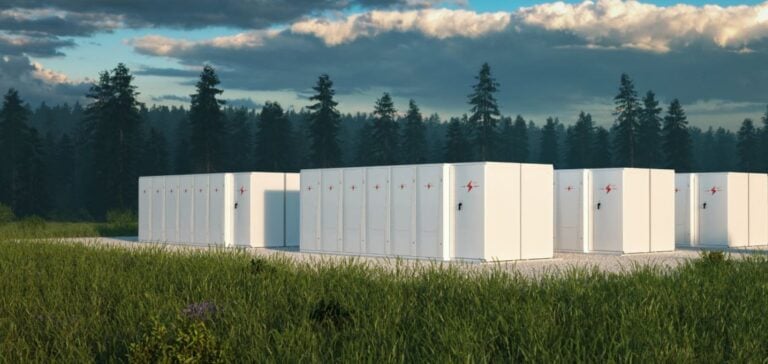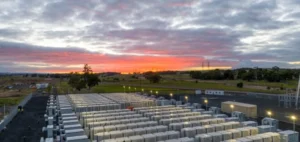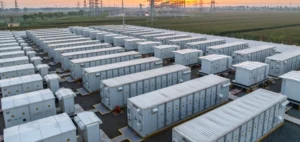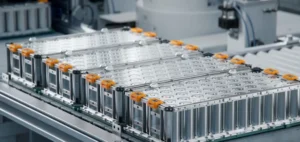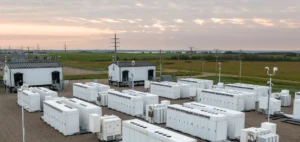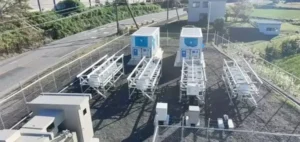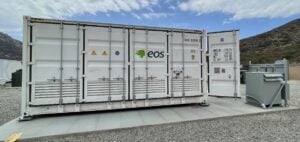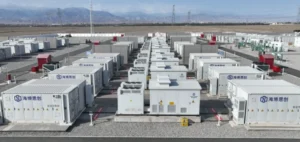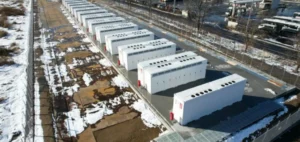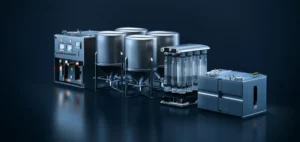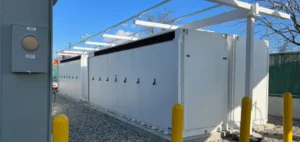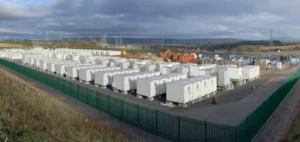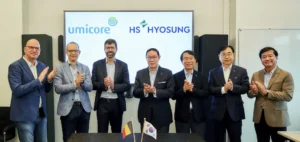UNIGRID, Inc. has been awarded $2.9mn under the California Energy Commission’s (CEC) Realizing Accelerated Manufacturing and Production for Clean Energy Technologies (RAMP) programme, according to a press release issued on June 2. The financial support will be used to establish a pilot production unit for sodium-ion batteries at a 12,000-square-foot facility in Sorrento Valley, San Diego.
Towards MWh-scale production
The project selected by the CEC is titled “Advanced Sodium-ion Battery Production in California”. It will enable UNIGRID to design, build, and validate a Low-Rate Initial Production (LRIP) line capable of annually producing sodium-ion battery cells at the megawatt-hour (MWh) scale. The pilot line will also act as a testbed for scaling up what the company describes as a “highly secure” battery technology.
According to technical specifications provided by UNIGRID, its sodium-ion batteries can operate at extreme temperatures ranging from -40°C to 60°C, sustain up to 10,000 full charge-discharge cycles at 100% depth of discharge, and be recharged in 15 minutes with full discharge in 5 minutes. The cells contain no critical materials such as lithium, nickel, cobalt, or copper.
Reducing supply chain risk
UNIGRID stated that its cells have passed international standards UN 38.3 and UL 9540A, making them suitable for transport and safe integration into energy storage systems. This strategic shift toward sodium-ion comes amid continued supply chain pressure and geopolitical risk associated with critical materials for lithium-ion batteries.
UNIGRID’s Chief Technology Officer and Principal Investigator for the project, Erik A. Wu, said: “This CEC support marks a major step forward in the development of our technology.” He also thanked the agency for recognising the industrial potential of sodium-ion in stationary energy storage applications.


